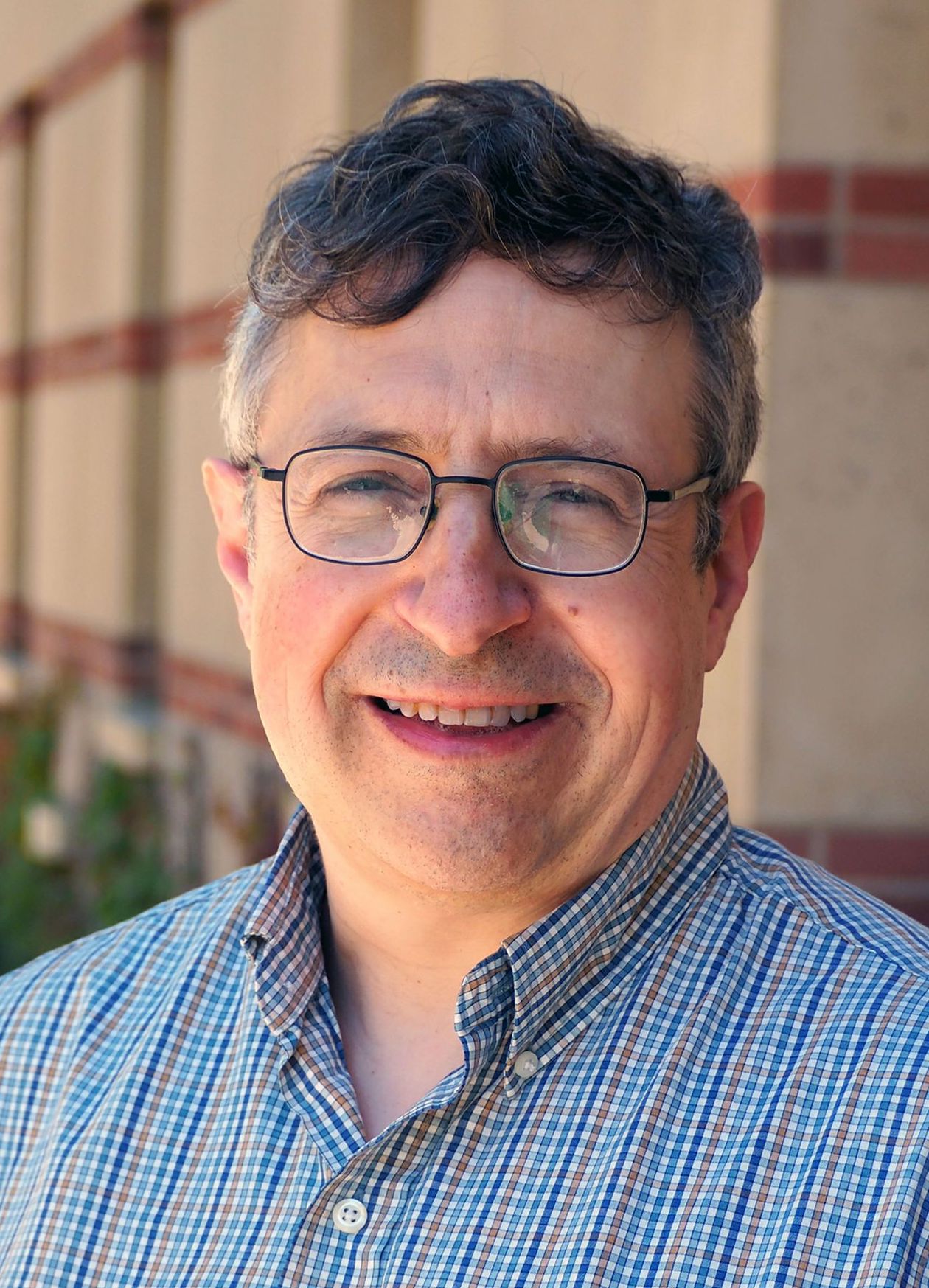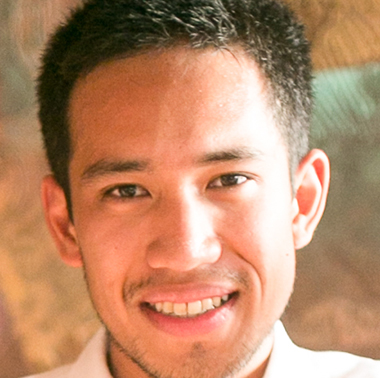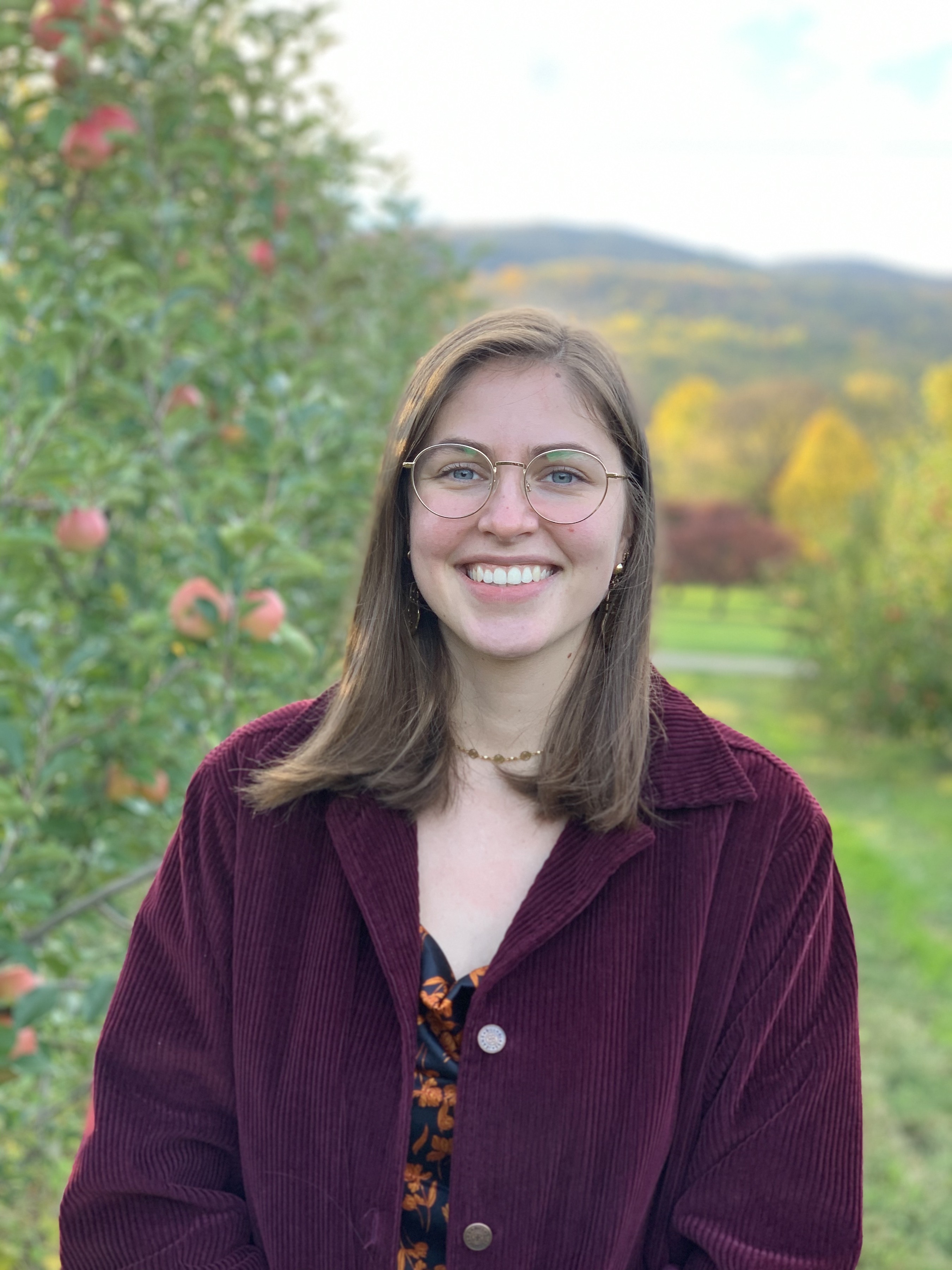Topical Workshop on QCD Structure of Nucleons in the Modern Era
May 4-6, 2017 (Thursday, Friday, Saturday)
UCLA Physics & Astronomy Department
The fundamental laws of QCD are elegantly concise; however, understanding the structural complexity of nucleons in terms of quarks and gluons governed by those laws is one of the most important challenges facing subatomic physics today, and is of fundamental importance in science. There have been tremendous advancements and breakthroughs following the vast investigations in the last few decades. Current and future projects at world facilities, such as RHIC at Brookhaven National Lab and CEBAF at Jefferson Lab, and the planed electron-ion collider (EIC) in the US, will undoubtedly provide new opportunities to further deepen our understanding of the fundamental questions associated with QCD structure of nucleons. In particular, the EIC will provide unprecedented precision in exploring the nucleon structure and address many of the outstanding questions. In line with these experimental advances and future plans, we envision that the theory developments must follow.
We intend to gather a small group of experts working on QCD to discuss the current status of the theoretical developments, and future perspectives. We will mainly focus on recent developments on the nucleon tomography, in particular theory and phenomenology of confined motion of quarks and gluons inside the nucleons, encoded in the transverse momentum dependent distributions (TMDs). The meeting will be organized in an informal way, mainly focusing on the exchange of ideas.
Organizers: Zhongbo Kang (UCLA), Jianwei Qiu (JLab), Feng Yuan (LBL).

 Zvi Bern, a theoretical physicist has been elected to the National Academy of Sciences in recognition of their distinguished and continuing achievements in original research.
Zvi Bern, a theoretical physicist has been elected to the National Academy of Sciences in recognition of their distinguished and continuing achievements in original research.  Prof. Mikhail Solon has been selected to receive an award from the U.S. Department of Energy (DOE) for groundbreaking research as an early career scientist.
Prof. Mikhail Solon has been selected to receive an award from the U.S. Department of Energy (DOE) for groundbreaking research as an early career scientist. 